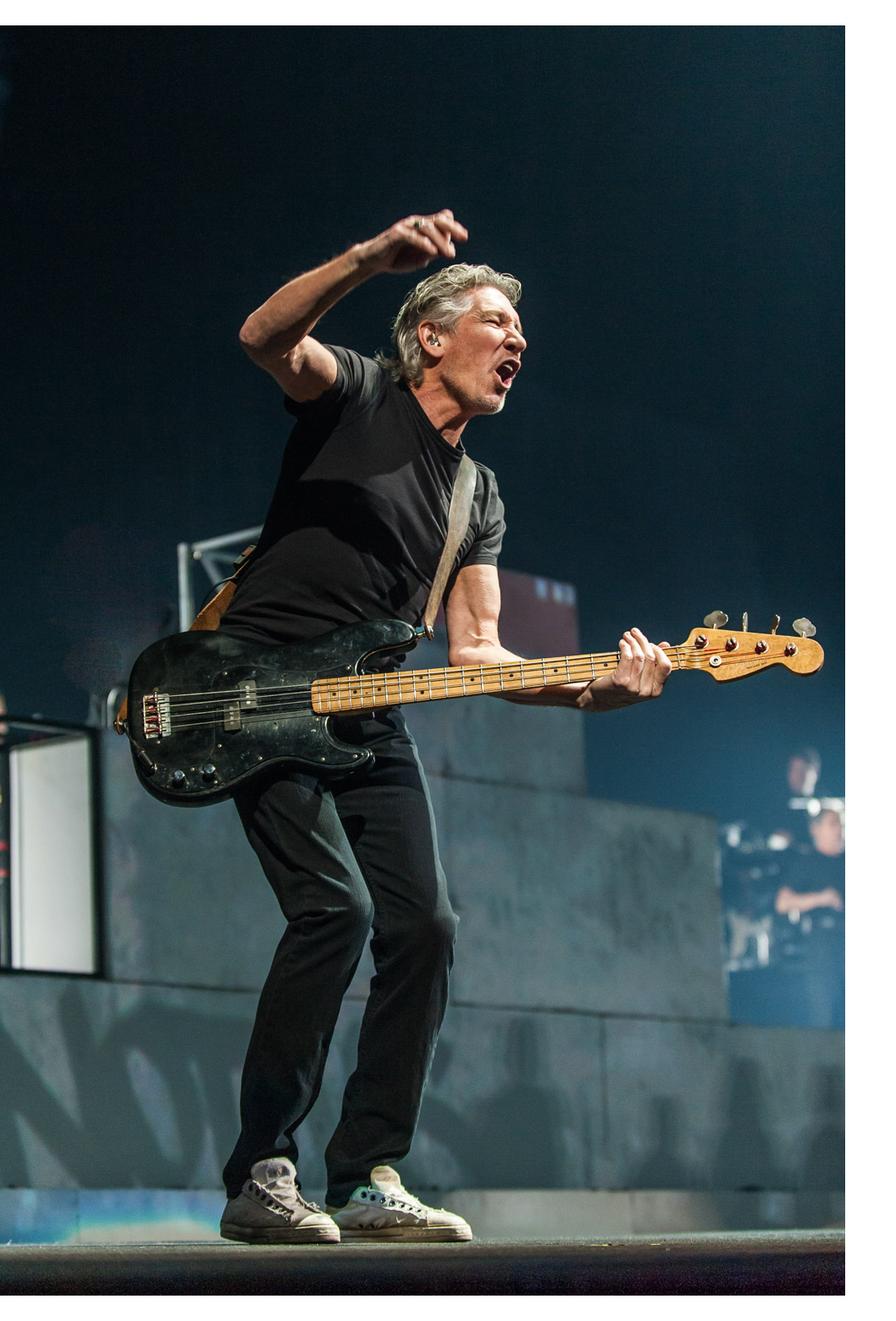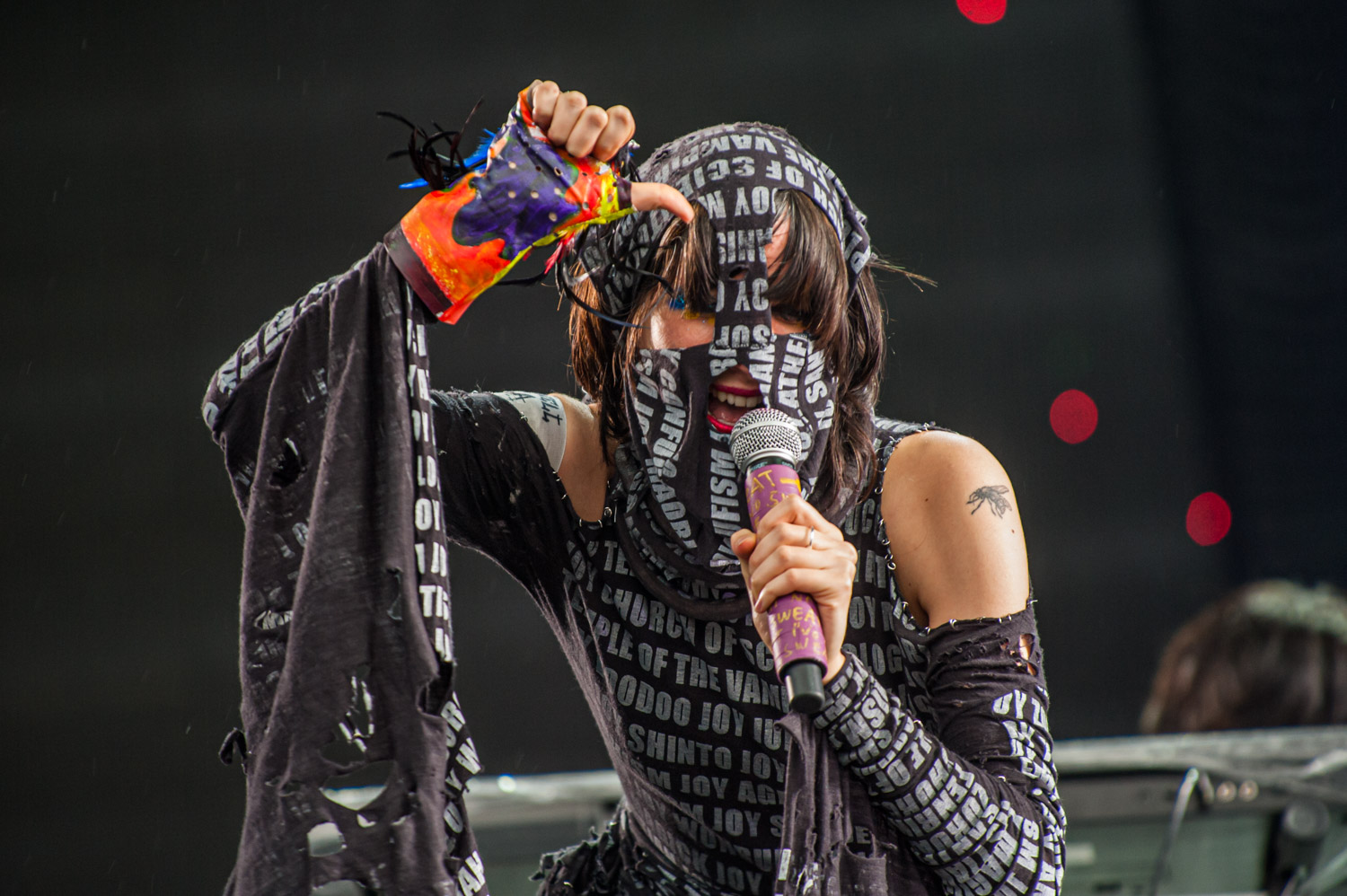How to become a much better photographer in one easy step (instantly)
Jun 23, 2022
I shoot a lot of music concerts, and I'm often seen roaming the venues in and around Asheville, NC with a couple of Nikon cameras hanging from my sides (two D750 bodies on a Black Rapid harness system, in case you were wondering), sporting my DSP ball cap (worn backwards, of course) and, likely, a black DSP tee shirt (I have no shame!).
To any reasonably sober concertgoer, it's fairly obvious that I'm a photographer, on site to shoot the gig. And, almost without exception at every show that I shoot, at least one person stops me and asks:
"Did ya get some good shots?"
At that point, a smile comes to my face while I laugh to myself and respond:
"Of course! They're all good! I don't show people the sh*tty ones!"
Though my canned response is somewhat tongue-in-cheek and hopefully a bit humorous, there is a lot of truth to what I'm saying, and it holds true for any photographer (especially professionals):
Only let your best work see the light of day (e.g., on social media) or, more importantly, see a client's inbox.
Though I believe I am fairly competent and efficient at shooting gigs, not every shot I take is a keeper or portfolio piece. Some are exactly what I envisioned; some came close (the dreaded "almost" shot); and, a small handful totally suck. I'm also known to take the odd accidental photo of my feet. And, when all is said and done, I am very careful not to reveal the "almost" shots, and I certainly won't show anyone the sucky ones. They get dragged down to the round file folder!
The more disciplined you are at revealing only your top-quality shots, the better the perception others will have of you as a photographer. Period.
 My rule-of-thumb is that if I have to explain to someone why an image wasn't the best I could create in those circumstances (i.e., I didn't get my camera settings quite right; the composition was a bit unbalanced; or, I missed "the moment"), then I probably shouldn't be showing it to anyone. And, because I'm only showing what I believe to be my best work, chances are that what I choose to show will get more attention than if I'm constantly posting stuff that doesn't quite cut it.
My rule-of-thumb is that if I have to explain to someone why an image wasn't the best I could create in those circumstances (i.e., I didn't get my camera settings quite right; the composition was a bit unbalanced; or, I missed "the moment"), then I probably shouldn't be showing it to anyone. And, because I'm only showing what I believe to be my best work, chances are that what I choose to show will get more attention than if I'm constantly posting stuff that doesn't quite cut it.
So, in short, if you don't share your average or below-average captures, then all of your work will appear "above average". Simple, no?
This doesn't mean that you should go out and "spray and pray" a gazillion frames on burst mode, and then pull out the one or two good shots out of the hundreds (or thousands?) to deceptively show that you have skills. You should still strive to have total control of what you create and you should shoot with "intention", which then automatically reduces the number of shutter clicks you'll need to get what you want.
In summary, even the best photographers do not nail every shot that they take. That said, the best photographers know how to edit and cull their material, and keep the "almost" images buried on their hard drive where they belong, or possibly deleted altogether. When they make a post on Instagram or on Facebook, they pick their best work. And, they certainly don't post an album of 100+ photos, many of which are obviously flawed (e.g., out of focus) or look the same, some of which should have been sent directly to the trash. They are very selective about what they share with the public, and equally selective, if not more, with what they send to their clients as the deliverables for a project.
Yes, this takes discipline. And, it's this discipline that can make you a better photographer -- instantly. It often doesn't take better camera and/or composition know-how. It just takes the discipline to resist sharing images that you know are not as good as they could be, or in the case of professionals, should be.

Caveat: If you are a budding hobbyist or even a serious amateur, nobody is expecting you to post photos that belong in Rolling Stone or National Geographic or Cosmopolitan. But, it's still important for you to be disciplined about what you show, and what you do not show. If you are looking for honest feedback about your photos when you make a social media post, then ask for it. Otherwise, you may start to believe that all of those "thumbs-ups" or "likes" or "Awesome shot!" comments from your friends and family are completely genuine. Sure, if you ask to be critiqued your ego may take a hit, but in the end you will become a better photographer. And, isn't that what you are striving for?
Of course, you can always seek a comprehensive portfolio review from a professional. Wink wink. Nod nod. I told you I was shameless, didn't I?




